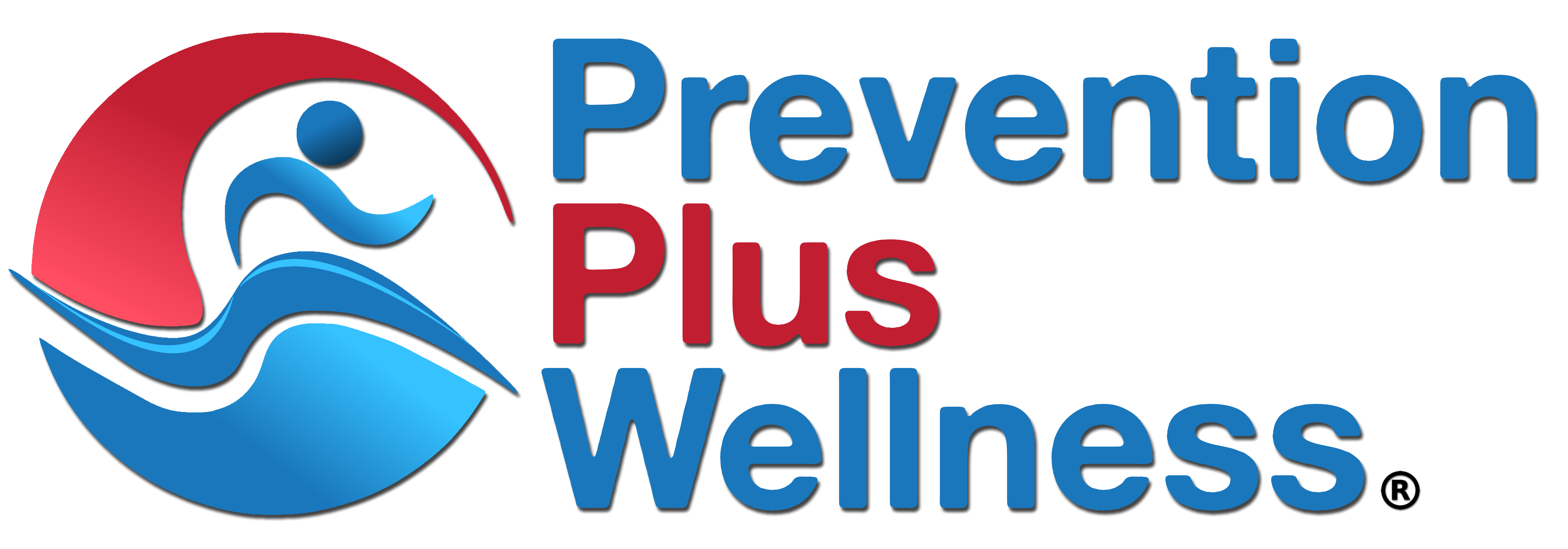As many of you know by now the Foo Fighter’s drummer, Taylor Hawkins, passed away last Friday (March 25th) from a drug overdose. He was only 50 years old.
An article in NME (April 3rd), an online venue for music and pop culture, reported that Brian May, guitarist for Queen, was “frustrated” and “to lose them (Hawkins and previously George Michael) feels all wrong.”
An initial toxicology report showed the jovial Hawkins had 10 substances in his body, including opioids and marijuana.
I agree with May and feel frustrated myself because, as a substance use prevention specialist, broad implementation of evidence-based prevention programs and policies may have prevented Hawkin’s, Michael’s and perhaps many other talented music, sports and cinema personalities from perishing due to substance use disorders.
And like May, I also feel it is terribly wrong to lose not only talented artists and celebrities, but countless others who work in the music industry to preventable drug overdose.
It’s not just a rock n roll problem either. Artists from country, hip-hop, pop and other music genres have recently died from alcohol and drug use.
What’s the solution? I believe it is placing more focus on preventing substance use disorders, problems, and deaths among those in the high-risk music business.
According to the Substance Abuse and Mental Health Services Administration (SAMHSA) report on Substance Use and Substance Use Disorder by Occupation, the arts, entertainment and recreation industry, of which music is a part, is fourth behind mining, construction and food services for rates of current heavy alcohol use (11.5%) and second behind only food services for current rates of illicit drug use (13.7%).
In a recent article in The Guardian (2022) Hannah May Kilroy writes that partly due to the pandemic, there is support for those who would rather try to stay sober.
But much of what goes on in the music business as I see it is really nibbling around the edges, such as by providing support groups for those already suffering from addiction.
What’s lacking is a broad-based implementation of evidence-based prevention interventions for all of those in the music industry, from artists to managers to accountants and roadies.
Blueprints for Healthy Youth Development provides a highly regarded registry of evidence-based alcohol and drug use prevention programs for youth and adults.
Conducting a search for evidence-based alcohol and drug use prevention/treatment programs on the Blueprints databased for young adults and adults resulted in identifying four evidence-based programs, including:
- Cannabis eCHECKUP TO GO, a brief web-based personalized feedback program;
- Drug Court-Baltimore City, a coalition of public, private, and non-profit agencies that provide substance abuse services;
- LifeSet, a community-based program that helps young people transition to adulthood; and
- InShape Prevention Plus Wellness (PPW), a brief program to improve physical, mental, and spiritual wellbeing of young adults.
While each of these programs could be tailored for use in the music industry, the InShape PPW program is perhaps best suited as it connects health-promoting habits and images with the avoidance of risky alcohol, marijuana, and other drug use.
InShape PPW has been provided in college, community, and military settings and could be easily adapted to various groups of music industry personnel.
The key advantages of the InShape Prevention Plus Wellness program are its focus on positive image benefits of setting goals to increase physical activity and exercise, healthy eating, sleep, and stress management, while avoiding alcohol, cigarette, and illicit drug use needed to achieve and maintain an active and successful lifestyle.
Emphasizing positive images and healthy behaviors would likely be appealing to an image-focused industry like music, while targeting healthy habits and performance outcomes provides a more acceptable goal and positive alternative lifestyle to excessive substance use.
A positive image-targeted program like InShape Prevention Plus Wellness would help drive a healthier alternative narrative to the all too accepted and glorified image and myth of the musician or artist who must be intoxicated or high to perform their best.
While the music industry is full of high-risk situations, as noted by Kilroy, it will take a full top-down and bottom-up change of thinking and heart to choose to successfully implement effective substance use prevention programs and policies aimed at promoting healthier and more productive lifestyles.
We’ve lost way too many of our talented music artists and personnel over the decades. It is well past time to commit to a bold, new strategy aimed at preventing substance use disorders while also promoting the physical and mental wellbeing of professional musicians in a high-risk industry.
We all must do more to protect those working in the music industry from preventable overdose injury and death. By doing so, we’ll also create healthier role models for our music-loving youth.

